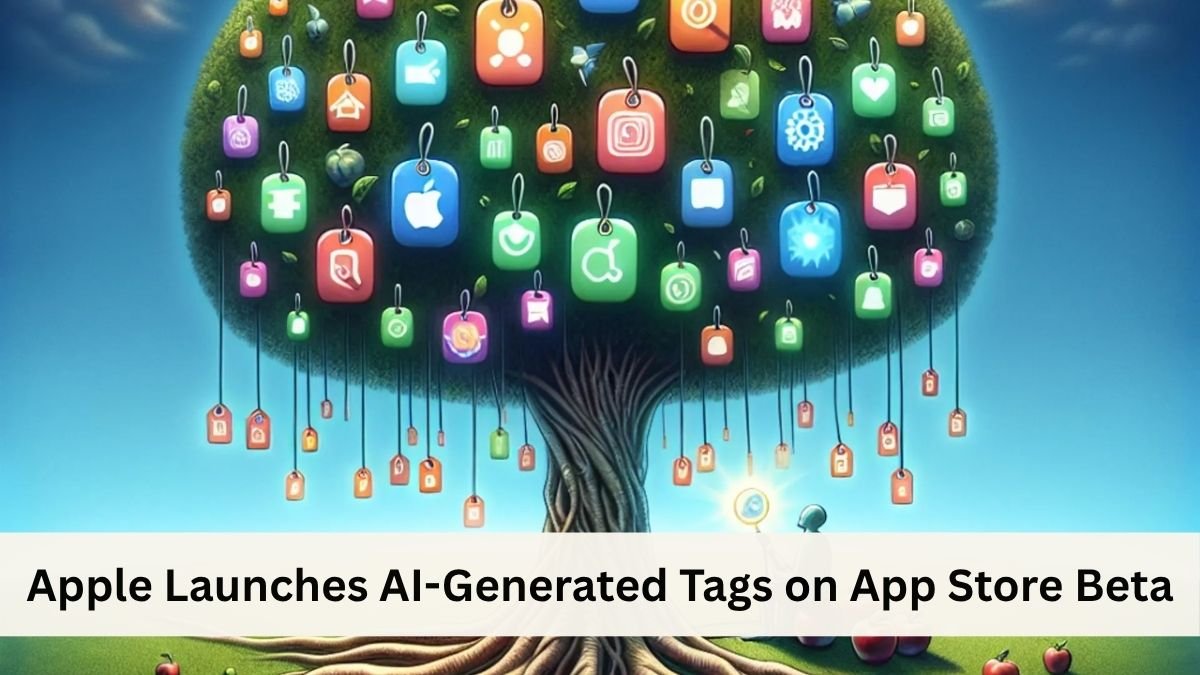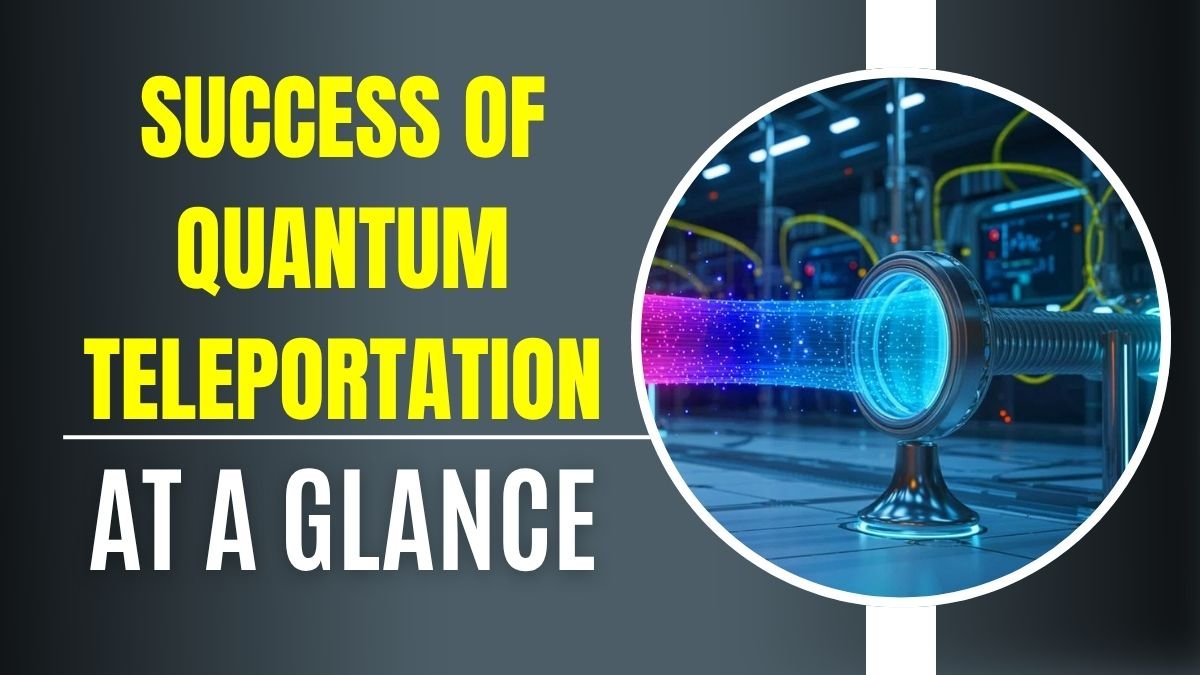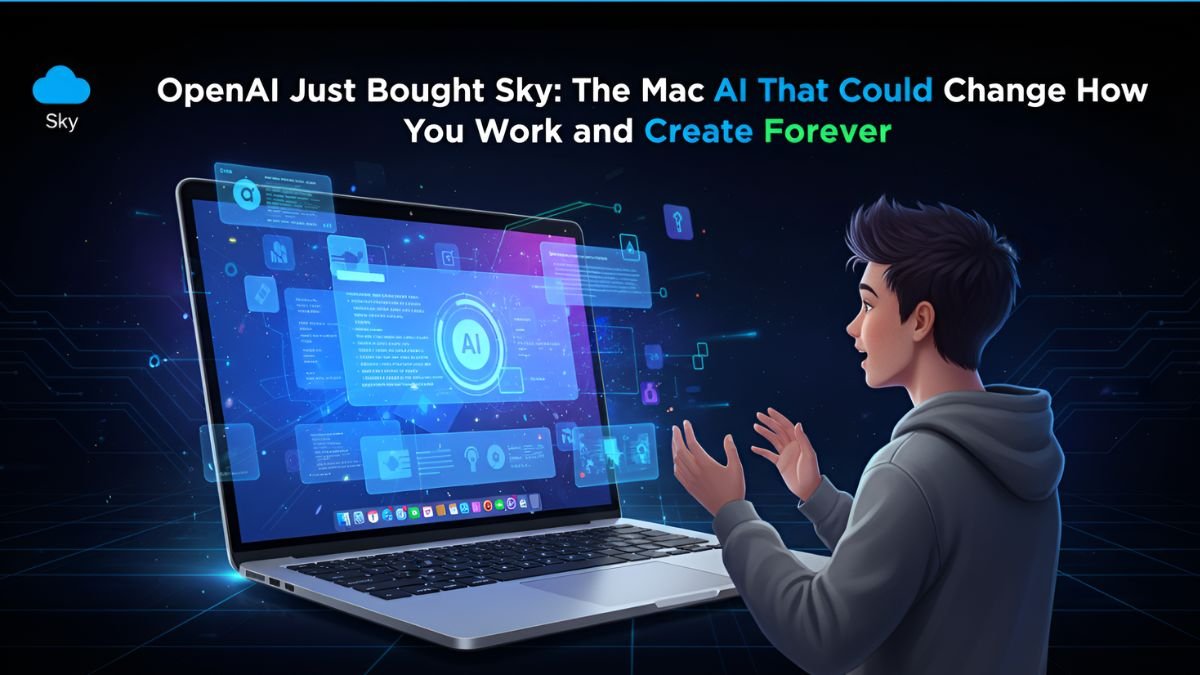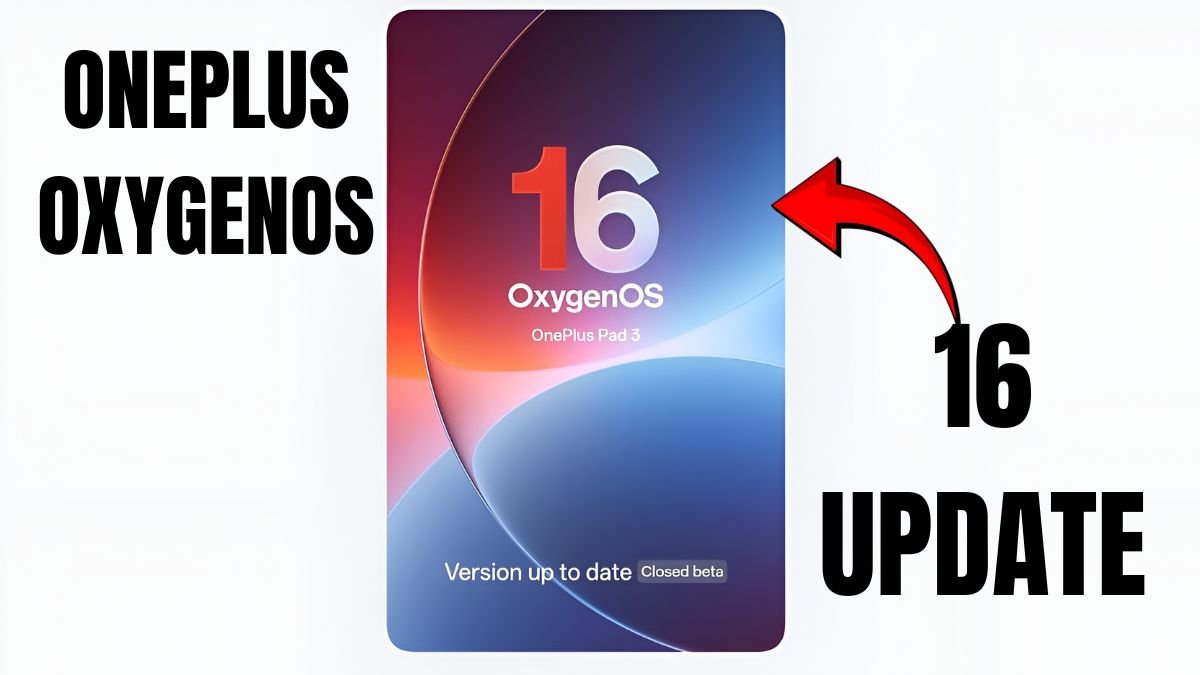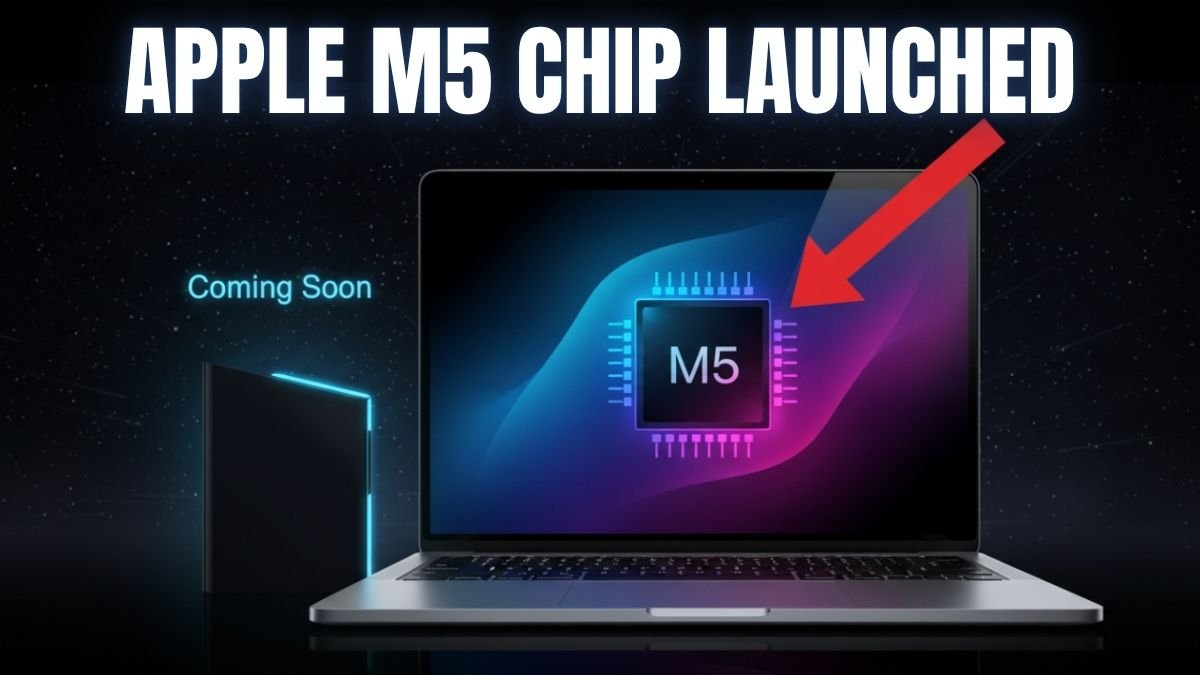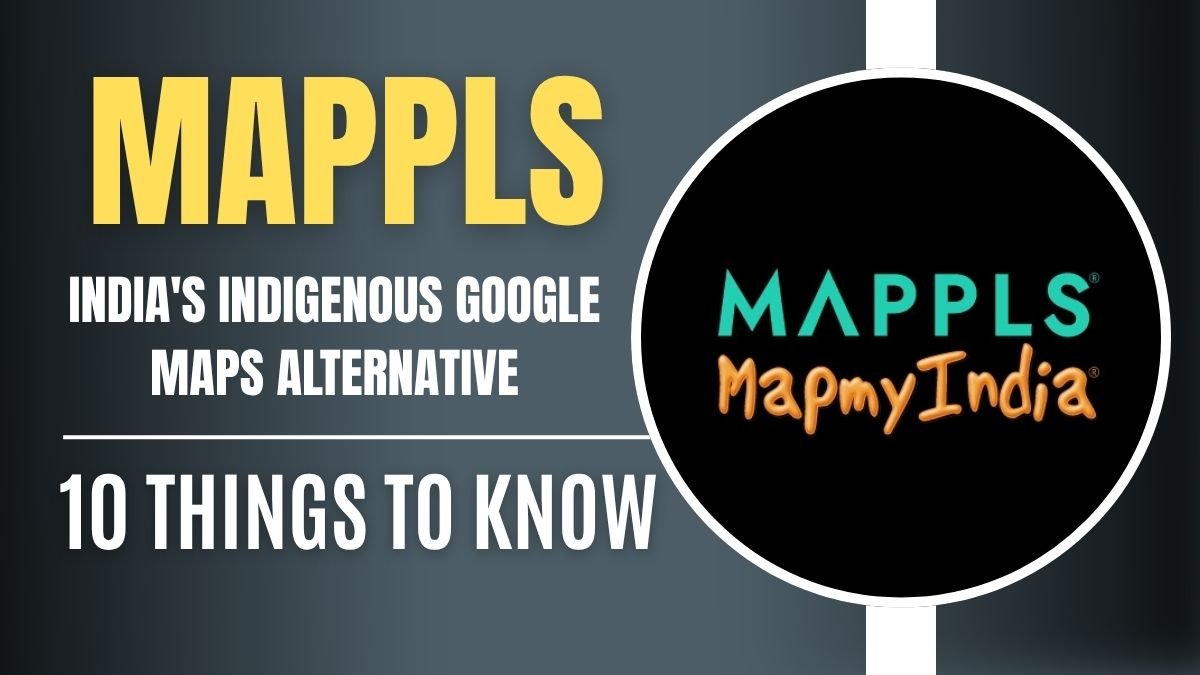1. AI Will Now Decide Which App Ranks on Top
Apple has introduced a major change in iOS 26 — the App Store will now use Artificial Intelligence (AI) to decide which apps appear higher in search results. Earlier, rankings were based on app titles and keywords, but now AI will understand what the app actually does. This means users will get more relevant results, especially when searching for specific needs or use cases.
2. This Feature is Only in Developer Beta (For Now)
As of now, this AI-based tagging system is only available in the developer beta version of iOS 26. This means regular users won’t see these changes yet. Developers are currently testing it, and once it’s fully polished, Apple will roll it out to the public. When that happens, it could reshape how people discover apps on the App Store.
3. How App Search Worked Until Now
Previously, App Store search was very basic. It only considered three things: the app’s name, subtitle, and a list of keywords provided by the developer. Screenshots or descriptions didn’t matter in search rankings. That meant even if your app had great features, it wouldn’t be discovered unless keywords were in the right places.
4. Now AI Will Understand the Full App Content
With iOS 26, Apple’s AI won’t just scan the surface—it will understand the app more deeply. It will read and interpret the app’s screenshots, features, categories, and even detailed descriptions. For instance, if a screenshot says “Track calories & steps,” the AI will recognize those terms and boost the app for relevant searches, even if “calories” isn’t in the title.
5. It’s Not Just OCR — It’s Smart AI
Some earlier reports assumed Apple was using simple OCR (Optical Character Recognition) to read text from screenshots. But Apple confirmed it’s much more advanced. This is full-fledged AI, which not only reads the words but also understands their meaning, the purpose of the app, and which category it fits into. It’s like the App Store has become a lot more intelligent.
6. AI Tags: Giving Each App a Smart Identity
Every app will now receive AI-generated “tags” that describe its purpose. For example, a fitness app might get tags like “workout,” “calorie tracker,” or “step counter.” These tags help categorize the app properly and improve how it appears in search results. So, when a user searches for “AI photo editor,” the App Store can recommend exactly the right apps, even if their titles don’t say “AI.”
7. Developers Can Review and Manage These Tags
Apple has assured developers that they won’t be left out of the process. Developers can see the tags assigned to their apps and remove or suggest edits if something is incorrect. Plus, Apple has added a human review process, so each tag is checked by a person before it goes live. This ensures higher accuracy and trust in the system.
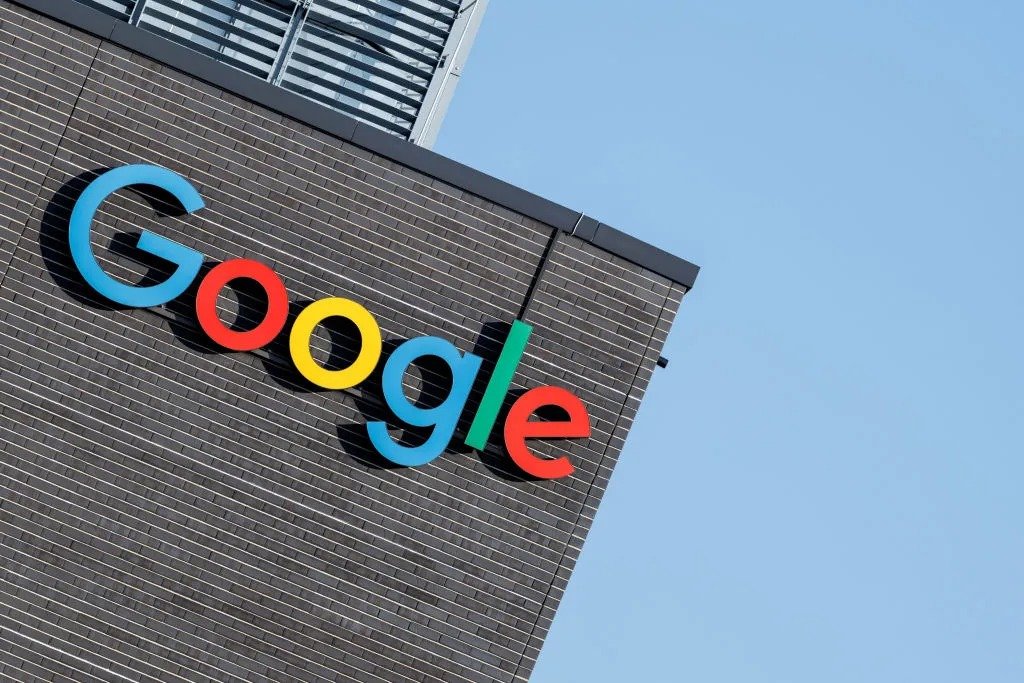
8. What Developers Need to Do Now
Developers need to shift their focus. Instead of stuffing keywords into app titles or using clever tricks, they should now clearly highlight their app’s purpose in screenshots and descriptions. A clean design isn’t enough—apps must clearly explain what they do. The AI will use that real content to decide how to tag and rank the app.
9. App Discovery Will Be Easier for Users
This change isn’t just for developers—users will benefit too. Let’s say someone searches for “budget planner for college students.” Even if an app doesn’t have those exact words in the title, if it serves that purpose, the AI will surface it in the results. It means users will find apps that truly match their needs, not just the ones with the right buzzwords.
10. The Future of the App Store Is Getting Smarter
This isn’t just a small upgrade—it’s a big step forward for the App Store and the entire app industry. Quality content and real features will matter more than branding tricks or keyword stuffing. Whether you’re a solo developer or a big company, your app can get discovered if it truly serves the user. And for users, discovering the right app is about to become much simpler and more personalized
